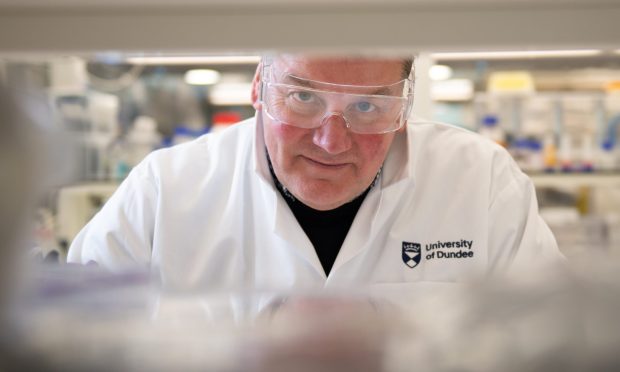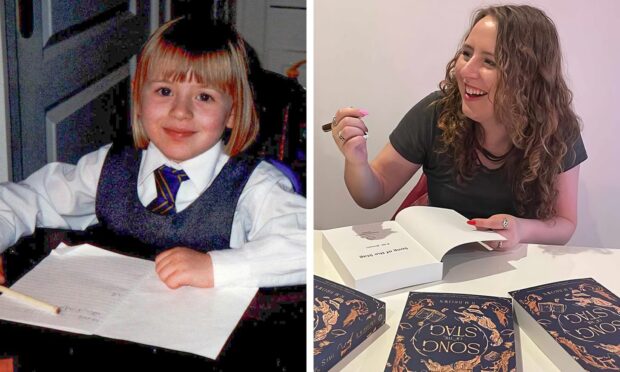Funding administered by St Andrews University will boost research into conditions including Alzheimer’s, Motor Neurone Disease, Parkinson’s and Multiple Sclerosis.
The Scottish Government and the RS Macdonald Charitable Trust are each contributing £75,000 towards research into neurological conditions.
Researchers from across Scotland’s universities will be able to apply for seed-corn grants of up to £15,000.
Applications will be assessed by an expert panel of clinicians, academic researchers and lay representatives chaired by Professor Frank Gunn-Moore from St Andrews, who established and initially chaired the Alzheimer’s Research UK network for Scotland.
Professor Gunn-Moore said: “One of the best things about working in Scotland is that our universities and research institutions have always worked together: this is imperative when trying to tackle these diseases.
“This type of seed-corn funding is imperative for researchers to try out new ideas and concepts.”
Health Secretary Jeane Freeman said: “Research is essential for the development of new approaches to the diagnosis and treatment of neurological conditions, which affect the lives of over a million people living in Scotland.
“We launched the consultation for the first Scottish National Action Plan on Neurological Conditions at the end of last year as we work to transform care for people affected by neurological conditions and raise awareness more broadly.
“The plan covers common themes that are important to people living with neurological conditions, ranging from everyday conditions such as migraines to rare and life-limiting illnesses such as Motor Neurone Disease and Huntington’s Disease.”
Rachel Campbell, director of the RS Macdonald Charitable Trust, said: “We are delighted to support this strategic initiative and are hopeful it will bring together early career researchers from across academic centres, and disciplines, to further our understanding of neurological conditions.”









